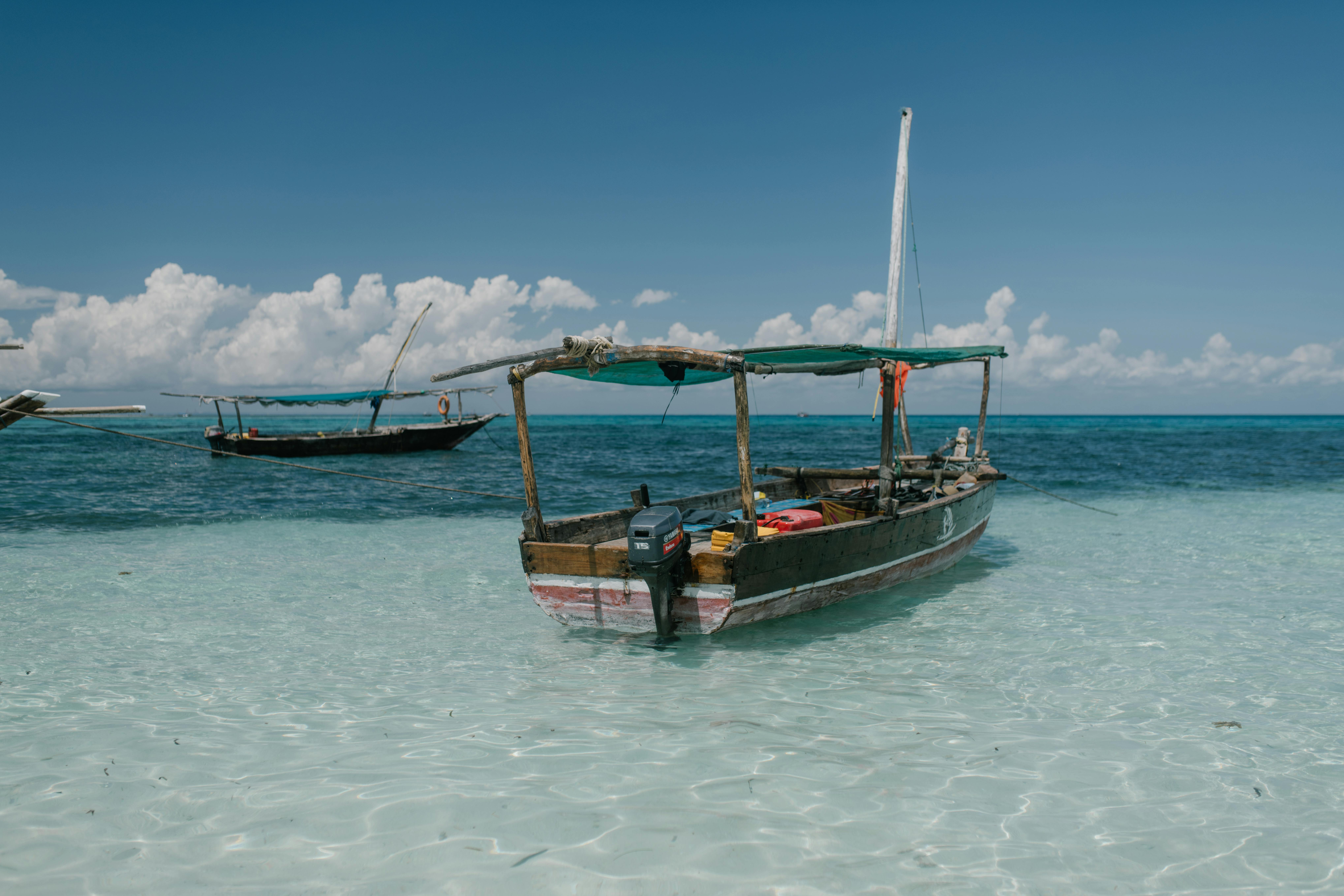The choice of material for a boat canopy is crucial as it affects the canopy’s durability, functionality, and visual appeal. A boat canopy is an aesthetic addition that improves the overall appearance and feel of your vessel in addition to providing protection from the elements, such as the sea spray, blistering sun, and heavy rain. Numerous factors, such as weather resistance, durability, maintenance requirements, and cost, influence the choice of material. With the UK’s distinct climate, which can alternate between sunny days and unexpected downpours, the decision becomes even more important. Canvas, vinyl, and polyester are the main materials used to make boat canopies; each has advantages and disadvantages of its own. In-depth discussions of these materials’ qualities and their applicability in the UK’s frequently erratic weather are provided in this blog.
Canvas canopies
Because of its timeless appearance and feel, which many boat owners adore, canvas has long been the material of choice for boat canopies. Because canvas is made of cotton, it breathes very well, allowing air to flow and lowering the possibility of mildew and mold growth—a common worry given the humid weather in many parts of the UK. Although canvas can repel water to some extent, it is not naturally waterproof and needs to be treated with waterproofing agents on a regular basis to keep up its ability to withstand rain. Canvas has many benefits, but one of the biggest is its longevity. A canvas canopy that is kept up with will last for many years and ages beautifully. Additionally, the material is very repairable; tears can frequently be sealed without requiring a full replacement. However, some may consider the fading vulnerability of canvas and the requirement for routine maintenance (reproofing for water resistance and cleaning to prevent mildew) to be disadvantages.
Vinyl canopies
Conversely, vinyl presents a contemporary substitute for canvas, characterized by its innate ability to repel water. Since rain can visit a boat unexpectedly in the UK at any time, vinyl canopies are an excellent choice for boat owners due to their exceptional ability to keep water out. Vinyl also has UV resistance, which helps to keep the material from fading over time. This is a big benefit for boats that are left outside in the sun a lot. Another benefit of vinyl is how simple it is to maintain. It doesn’t need to be regularly reproofed against water because it can be cleaned with just soap and water. Vinyl, on the other hand, is less breathable than canvas, which may cause condensation to form under the canopy. On hot days, this impermeability can also make the covered area feel warmer.
Polyester canopies
Although polyester is a more recent addition to the boat canopy industry, its popularity has grown rapidly because of its ability to combine the best features of both vinyl and canvas. Because polyester fabrics are frequently coated or laminated with materials that offer UV protection and waterproofing, they are ideally adapted to the unpredictable weather in the United Kingdom. This material provides boat owners looking for a versatile canopy material with a compromise between the water resistance of vinyl and the breathability of canvas.
Polyester is also well-known for being strong and resilient; it can withstand rips and punctures better than canvas. Over time, the canopy’s form and appearance are preserved thanks to its resistance to stretching and shrinking. Furthermore, a large variety of colors and patterns are available in contemporary polyester fabrics, giving you plenty of artistic options in canopies for boats to customize the look of your boat.

